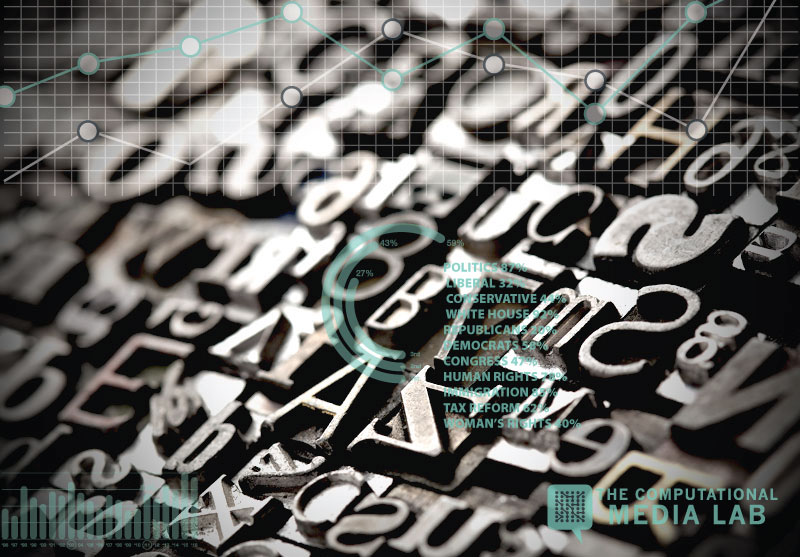
NSF Award #1760453 : RAPID: The Changing Nature of “Calls” for Help with Hurricane Harvey: Comparing 9-1-1 and Social Media:
CML Director Dhiraj Murthy and various CML research students were funded under this grant.
Hurricane Harvey is the first big-data disaster where social media “calls” for help appear to have supplanted the overloaded 9-1-1 call systems; social media provided a visible, dialogic link to help. But this form of help-seeking behavior on public social media is relatively new. This project (1) captures the voices of hurricane victims and emergency response workers (both governmental and volunteer) (2) uses captured data to characterize the language present in actual social media calls for help, and (3) applies a big-data approach to a new emergency situation to assess that situation’s calls for help. This project paves the way for new ways of thinking about how first-responders can utilize social media alongside traditional 9-1-1 when dispatching in future emergencies.
The current practice in the crisis informatics literature is to mine social-media data during the disaster/aftermath around disaster-related keywords. However, such data collection pulls in everything–from solicitations for donations, to news stories–and it is challenging to filter signal from noise in such broad data sets. It is important to identify common threads in the language disaster victims use in their public “calls for help” to allow emergency managers to rapidly pinpoint these needs across varied communication channels and save lives. The approach in this project is unique because the combinatorial method isolates the signal of conversations by disaster victims on social media by understanding the specific keywords disaster victims use when requesting help. Using field interviews and surveys with Harvey and Irma victims, emergency response organizations, and organizations like the Texas/Cajun Navy–volunteer groups who organized their efforts through social media–the project will characterize what was posted, where calls for help were posted, and how these requests generated responses. The interview protocol will elicit examples of interviewees’ social media posts to help develop ontologies of this content. In combination with historical data across several platforms (YouTube, Twitter, Reddit and Facebook) that will be purchased, the second phase of this project will match precise search queries (narrowed using boolean operators). The search mechanism will be driven by victims’ social media behaviors and language specific to their experience of Harvey and Irma, rather than catchall hashtags and search terms. These types of victim-driven ontologies developed around specific experiences of a disaster are seriously lacking and understudied.
